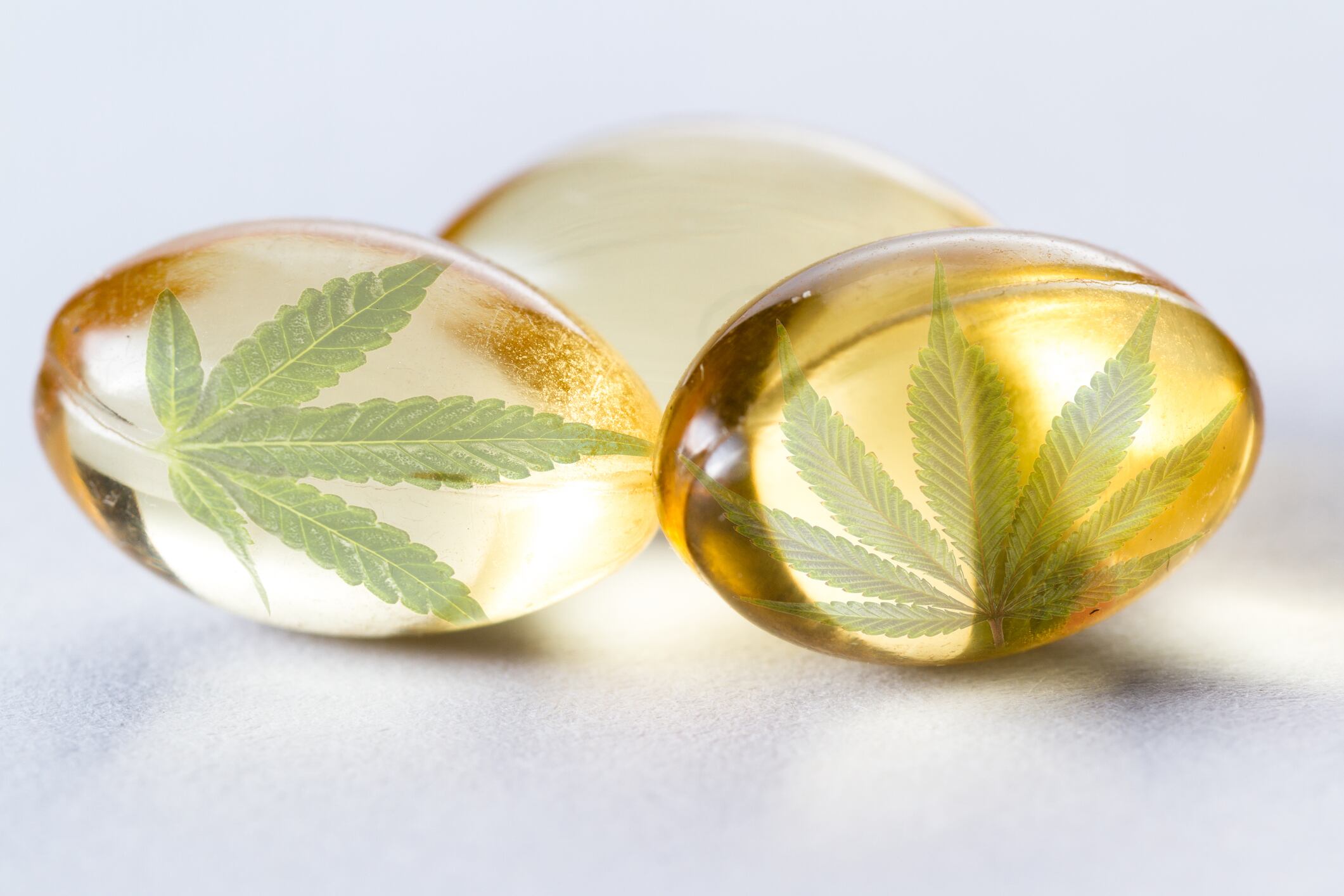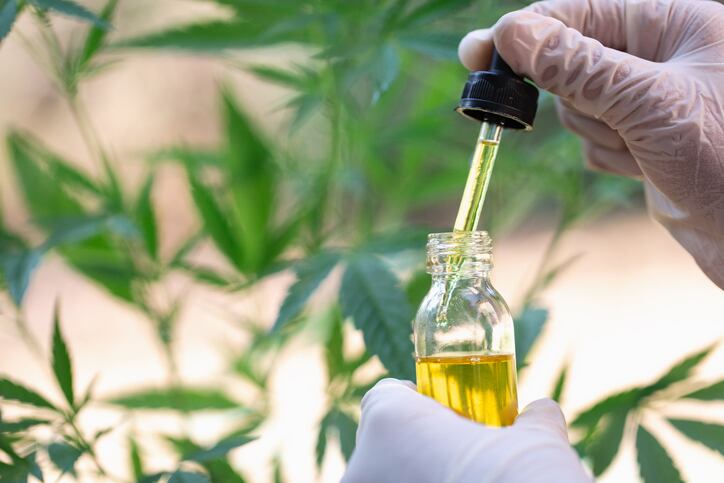As reported by NutraIngredients-USA in June 2020, the study was commissioned and designed in response to the FDA’s requests, including the Agency’s March 5, 2020 report to Congress for science-based data, so FDA can determine the appropriate regulatory path(s) for hemp-derived CBD products.
Initial findings from 839 participants consuming a range of oral CBD products have already been shared with the FDA’s Cannabis Product Council (formerly known as the Cannabis Work Group), said ValidCare.
The study was supported by 12 companies, including Asterra Labs, Care by Design, CBDistillery, CBD American Shaman, Charlotte’s Web, Columbia Care, Global Widget, HempFusion, Infinite CBD, Kannaway, Medterra CBD and SunMed CBD. Each brand provided funding, product, certificates of authenticity, and assisted with recruitment of adult US based consumers.
“Our primary endpoint in this study is to observe potential liver effects in adults ingesting oral forms of hemp derived CBD for a minimum of 60 days,” said co-investigator Jeff Lombardo PharmD, BCOP. “What we observed to date is no clinical evidence of liver disease in any participants. We observed slight, clinically insignificant elevations of liver function tests in less than 10% of consumers irrespective of age, product composition and form and the amount consumed.”
Lombardo added that three of the 839 participants had three times the normal levels of the liver enzyme ALT. “These three consumers are taking prescription medications that are known to elevate liver enzymes, and we are investigating whether prescribed medications or other factors contribute to these outliers,” he said.
Information gathering
The FDA has long sought more data on the safety of hemp-derived CBD products, and convened a public meeting in Washington D.C. in May 2019 to gather information to help it comply with the wishes of Congressional lawmakers, including Senate Majority Leader Sen. Mitch McConnell, R-KY, who have called on the agency to create a legal pathway to market for CBD products.
Questions about the safety of CBD products have lingered. Data from Epidiolex indicated liver issues at high doses around 10mg per kg of body weight, which would equate to about 700 mg a day of CBD for a 70 kg adult, significantly more than many consumers are achieving from supplements and/or food/ beverage products (for example, Charlotte’s Web offers two capsule products containing 15 mg or 25 mg per capsule/ serving of hemp-derived cannabinoids).
Even before the advent of the pandemic FDA’s process seemed to have stalled and to-date no decisions have been made. Indeed, a statement released on January 8, 2021 by then-FDA commissioner Dr Stephen Hahn and principal deputy commissioner Dr Amy Abernethy noted that while CBD is now widely available, we “still have a limited understanding of the safety profile of CBD and many other cannabis-derived compounds."
Knowledge gaps
Existing efforts generally, “are not adequate to fill the outstanding knowledge gaps,” claimed Drs Hahn and Abernethy, noting that longitudinal studies, which provide data about the health of subjects over an extended period of time, are needed to understand long-term health effects of CBD use.
Meanwhile, they added, “observational studies that are too small or that do not include techniques to ensure data quality or methodological rigor are of limited use for public health decision making.”
The ValidCare study is intended to help fill gaps, and the findings were shared with the FDA. Principal investigators met with the Agency on March 15 and reviewed preliminary liver safety study results in the form of an abstract, said ValidCare. The parties also discussed establishing a direct communication feed to FDA so it can receive raw, blinded, aggregate data for its analysis.
“Congressional leadership asked ValidCare almost 18 months ago to engage industry help collect safety data for FDA. We understand the significance, importance and immediate need for CBD safety research for the FDA, industry and the US consumer,” saidPatrick McCarthy, CEO of ValidCare.
“This first-of-its-kind, industry led, multi-branded study required trust, collaboration, operational excellence, innovation, and resilience. It demonstrates the incredible potential for decentralized clinical research to increase participant access and accelerate results – even during the most challenging times.
“We are excited for our principal investigators to continue, expand and report out on this foundational work in the next few months. Once completed, safety results of this study will be shared with participating brands and FDA. The investigators also plan to publish in a peer-reviewed journal.”
McCarthy told NutraIngredients-USA that a second cohort is planned to kick off April 1st to increase the reliability of first cohort. It will also allow the collection of a follow-up blood draw from participants that have any elevation so investigators can work to understand the cause.
Top-line results
The study cohort included 839 adults. A minimum of 681 participants were reportedly needed to achieve the desired statistical significance. Participants were already using CBD products prior to entering the study for at least 30 days, with the average use prior to the study of six months. For this reason, no baseline blood samples were collected. Participants were followed for 30 days and then blood draws taken to assess ALT levels.
The investigators found that almost 70% of study participants reported having a medical condition and taking medications for those conditions, without an increase in reporting of adverse events. Studies of similar populations* reportedly demonstrate an 11% elevation in liver function tests, while this research demonstrated an approximately 9% elevation, according to a press release from ValidCare.
“This unexpected, positive finding makes the data even more compelling and provides significant data to consider secondary safety measurements in the general population,” said Keith Aqua, MD, co-principal investigator of this IRB-approved study.
“We are encouraged by these findings and hopeful this study provides FDA with sufficient science-based data to determine and take action on a safe regulatory path forward,” added Dr. Aqua. “We will continue to analyze these real-world data and are adding a second cohort to this study to increase statistical certainty for liver safety and secondary measures across diverse populations and consumers with various medical conditions.”
"Listening sessions"
In response to a request for comment, a spokesperson for the FDA told NutraIngredients-USA: "The FDA’s Cannabis Products Council (CPC) offers listening sessions to stakeholders, where FDA staff are present to listen and stakeholders have an opportunity to share their perspective and any potential data with the Agency.
"In general, the FDA does not comment on specific studies, but evaluates them as part of the body of evidence to further our understanding about a particular issue and assist in our mission to protect public health."
What the companies said
Jason Mitchell, N.D., HempFusion’s Co-Founder and CEO, stated: “Participating in what is believed to be the largest human liver toxicology study on CBD was a tremendous honor, and the initial findings are incredibly validating for consumer safety.
“We believe this is a pivotal step forward for the CBD industry, and we look forward to continuing to find ways to provide consumers with safe and quality products. When specifically looking at how our products performed in the study, having no liver toxicity only bolsters what we have always stated about our products. We believe they are safe.”
Dr. Stuart Titus, CEO of Medical Marijuana, Inc., a Kannaway subsidiary, said: “These study results help support the work that we’ve been doing in Mexico and Brazil to study CBD’s safety and efficacy. We hope to continue to participate in similar future studies so that the world can continue to have expanded access to high-quality botanical products.
“I am glad to see participating stakeholders with longer-term visions banding together to make industry-wide progress that ultimately will benefit end consumers. Our company is involved with similar research in Europe in conjunction with the European Industrial Hemp Association (EIHA).”
Chase Terwilliger, CEO of Balanced Health Botanicals, commented: “There continues to be an increased need for science-backed data to aide in supporting very welcomed FDA regulation of this compound that has been used in medicine for thousands of years, but until recently, not allowed to be sold in the United States.
“We're excited and honored to be a part of this ongoing research, specifically with Validcare's recent findings. This is a major step for the hemp industry as a whole, and CBDistillery will continue to provide products, insight and resources where needed to ensure additional research can be done.”
* Kariv et al. 2006, Liver International, Vol. 26, No. 4, pp. 445–450, doi: 10.1111/j.1478-3231.2006.01197.x




